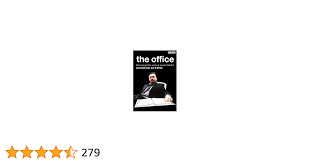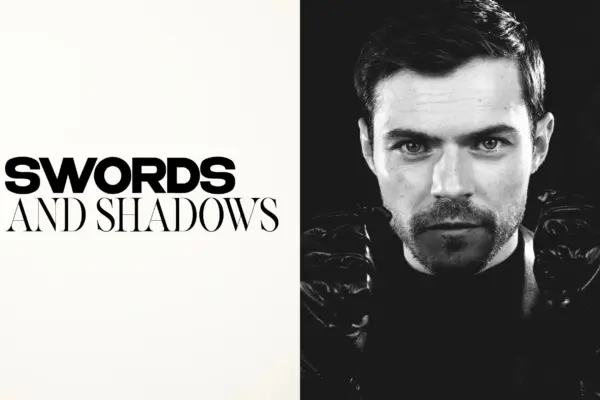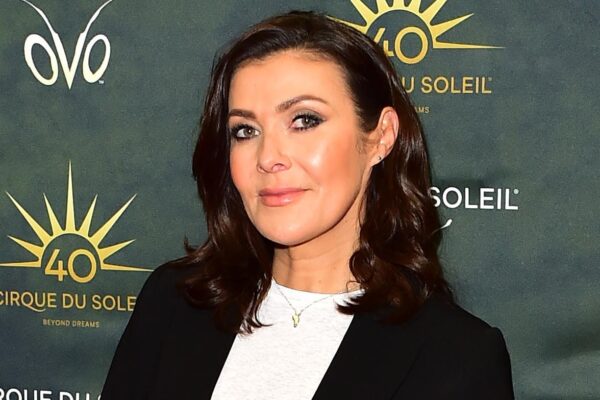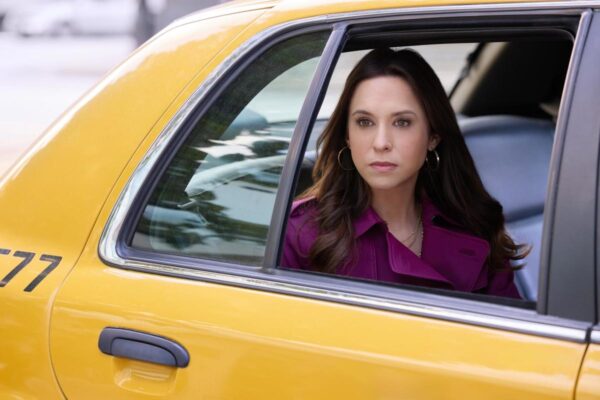The Office: A Look at Its Impact on Modern Television Comedy

Introduction
‘The Office’ is more than just a sitcom; it has become a cultural phenomenon since its debut in 2005. This mockumentary-style series has not only entertained audiences with its unique humour and relatable characters but has also significantly influenced the comedy genre on television. The show’s ability to address everyday work-life scenarios has resonated with viewers worldwide, making it a topic of discussion long after its finale in 2013. Understanding the relevance and enduring legacy of ‘The Office’ can provide insight into contemporary humour and social dynamics in the workplace.
The Show’s Evolution and Reception
The United States version of ‘The Office’ was adapted from the successful British series created by Ricky Gervais and Stephen Merchant. Over its nine-season run, the American adaptation developed a distinct identity, thanks in part to the strong performances of its cast, including Steve Carell as the bumbling regional manager, Michael Scott, and Rainn Wilson as the eccentric Dwight Schrute. The show’s blend of quirky characters, clever writing, and the exploration of mundane office life struck a chord with audiences, resulting in award nominations and critical acclaim.
‘The Office’ frequently tackled important themes such as friendship, love, and the complexities of working in a corporate environment. Episodes like ‘Dinner Party’ and ‘Stress Relief’ showcased the writers’ ability to blend humour with poignant moments, allowing viewers to connect emotionally with the characters.
Enduring Popularity and Legacy
Even after concluding its original run, ‘The Office’ continues to be immensely popular, especially with the advent of streaming services. Recent statistics indicate that the series ranks among the most-watched shows on platforms like Netflix and Peacock, introducing new generations to its charm. In addition, various online communities and fan clubs have emerged, contributing to an ongoing appreciation of the show through memes, merchandise, and fan fiction.
The popularity of ‘The Office’ has also prompted discussions about the nature of work and office culture in the 21st century. Many viewers relate to its themes, often finding a sense of nostalgia or camaraderie in its portrayals of office life. As the workplace continues to evolve, the comedic situations presented in ‘The Office’ remain relevant, prompting viewers to reflect on their own experiences.
Conclusion
The impact of ‘The Office’ on modern television cannot be underestimated. Its combination of relatable characters, innovative storytelling, and a mix of humour and heart has cemented its place in pop culture history. As audiences continue to discover and rediscover the show, it serves as a reminder of the power of comedy to connect people from diverse backgrounds. Furthermore, the ongoing discussions about workplace dynamics and relationships sparked by the show highlight its significance—a testament to the timeless nature of its themes and the joy it brings to viewers.
You may also like

The Journey of Chris Mason: A Prominent Broadcaster in the UK

Kym Marsh: A Journey Through Entertainment and Achievement

Meet the Cast of ‘His and Hers’: A Romantic Comedy Delight
SEARCH
LAST NEWS
- Remembering Wendy Richard: The Promise to Co-Star Natalie Cassidy
- How Did Anglian Water Achieve an ‘Essentials’ Rating for Mental Health Accessibility?
- Shai Hope Leads West Indies in T20 World Cup Clash Against South Africa
- What We Know About Weston McKennie: Future at Juventus and Past at Leeds
- What We Know About the Upcoming Live Nation Antitrust Trial